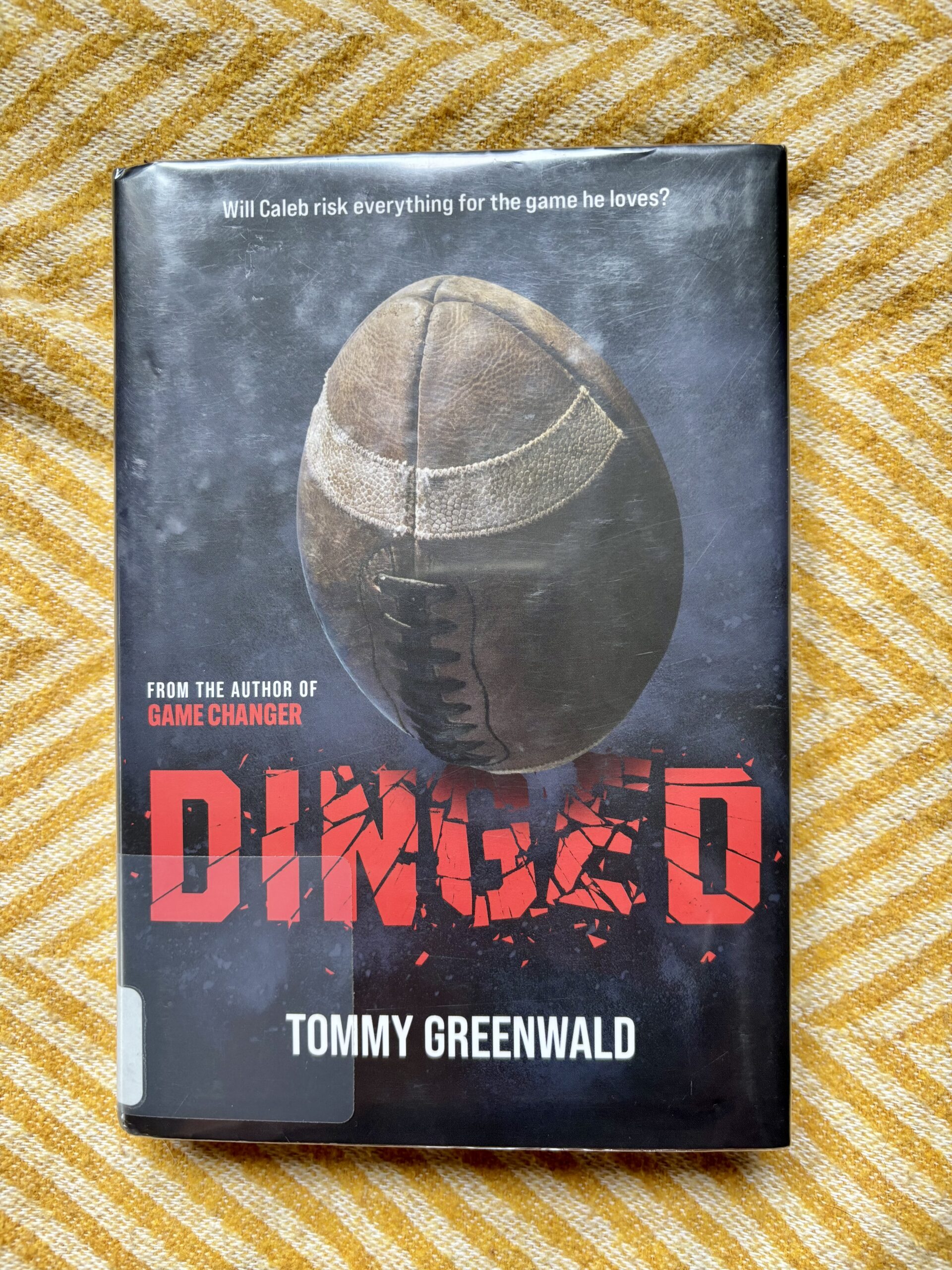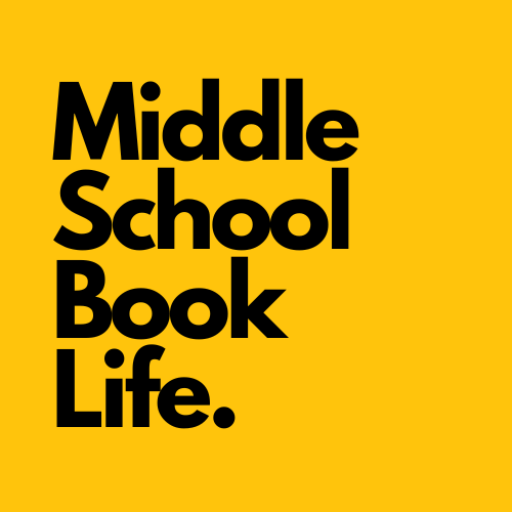Most Friday nights in the fall, we can hear the cheering from our local high school’s football games. It’s a nostalgic and heart-warming experience and I often catch our 85-year old neighbor standing on his front stoop, just listening. Dinged pays tribute to the tradition of high school football while examining the critical question: are we keeping our athletes safe when they play contact sports?

Title: Dinged
Author: Tommy Greenwald
Genre: Realistic Fiction, Sports
Age range: 12+
Summary: High School freshman Caleb Springer is a great football player. Good enough to be the starting QB on the varsity team and to already have college teams scouting him. He comes by it honestly—his dad was an NFL superstar. And Caleb knows that if he stays the course, he, too, could play at the top levels of the sport. His future is set—and it looks great—until his dad starts forgetting things. Starts to uncharacteristically lose his temper. Concerned, Caleb and his family start to learn about the long-term impact of concussions and wonder if all the hits his dad took back in the day are catching up to him. Caleb can’t help but question if the future he has expected to have for so long is worth it—or does it come at too high of a cost?
How to Teach Dinged:
Independent Reading
If you’re thinking about adding this book to your classroom library, or recommending it to a student, it’s important to know that this story is not meant to scare students off of contact sports. Instead, it’s more of an insightful reminder that no one is invincible (including you, teenagers). Students deserve to understand the long-term consequences of concussions (and injuries in general) so that they can make educated decisions about their bodies.
Add this book to your classroom library and recommend it to students who…
- Play football or another contact sport (hi there, fellow rugby players). All the play-by-play game action will keep them hooked and the brain injury story line provides fodder for thoughtful reflection.
- Are interested in neurology. Your future neuroscientists will learn about the impact of brain damage: memory loss, personality changes, and more.
- Have a critical perspective of the NFL. As pervasive as the NFL is in American society, you will have students who critique it. Players do get concussions and some readers will ask if the league is doing enough.
Book Clubs
Dinged would be a really interesting option for a 9th grade Book Club examining the essential question: when is a sport more than just an athletic competition?Dinged shows readers a potential negative (devastating) consequence for giving it all to a sport you love. Other titles to include in such a Book Club:
- After the Shot Drops by Randy Ribay (where basketball offers a teen and his family a path out of poverty)
- Rez Ball by Byron Graves (another basketball story, this time about the sport offering hope and positive identity to the Red Lake Indian Reservation)
- Never Vacation With Your Ex by Emily Wibberley and Austin Siegemund-Broka (despite what the title suggests, this is actually a fun book about a high school volleyball star who wants out of the shadow of her mother’s Olympic gold medals in volleyball)
- Furia by Yamile Saied Méndez (A soccer star in Argentina must overcome gender expectations if she wants to see just how far she can make it in her beloved sport)
(If this idea for a Book Club unit has your wheels turning and you want to develop a unit like this, please reach out! I’d love to think through it with you.)
Final Two Cents: This book was written to be a wake-up call regarding concussions in sports. If it feels heavy-handed, that’s OK. Help your students learn multiple perspectives on both the dangers and benefits from playing contact sports.
This post includes affiliate links. Any purchases made through them come at no extra cost to you but they do help keep this newsletter free and accessible.


